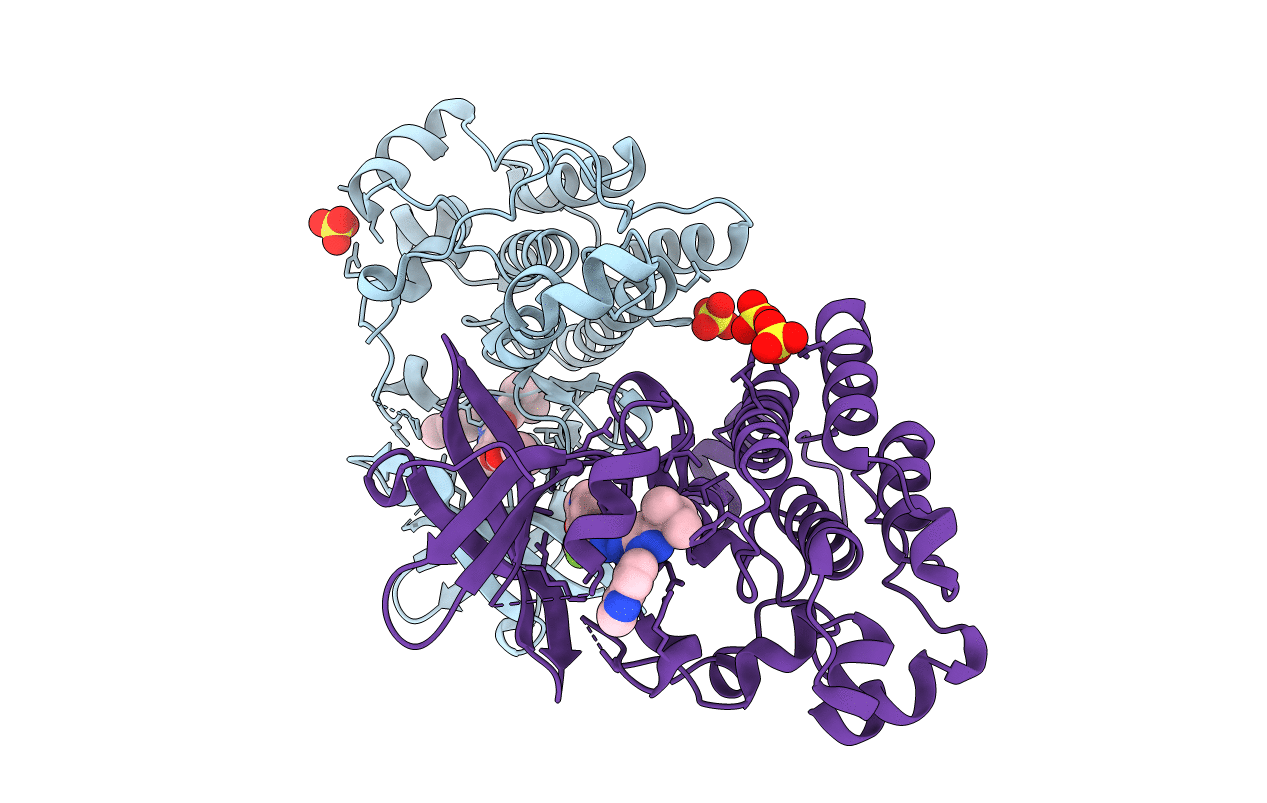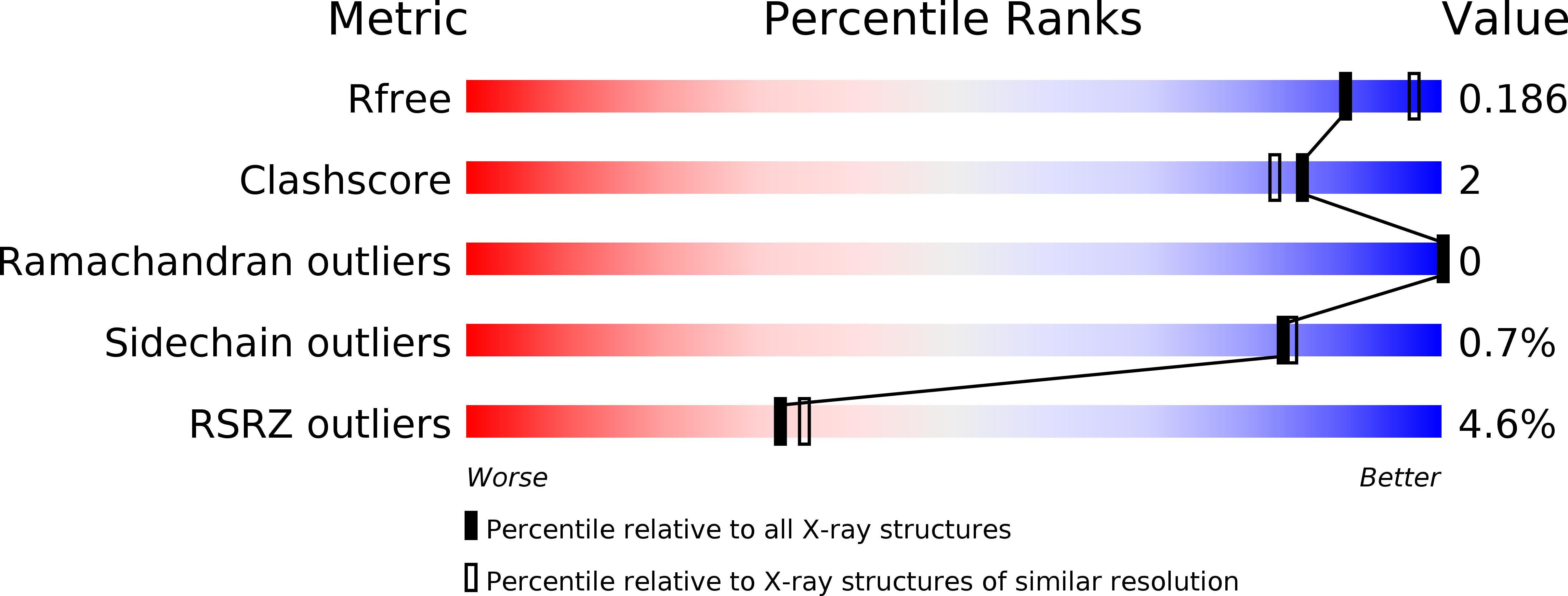
Deposition Date
2018-10-29
Release Date
2018-11-21
Last Version Date
2023-10-11
Entry Detail
PDB ID:
6MWE
Keywords:
Title:
CRYSTAL STRUCTURE OF TIE2 IN COMPLEX WITH DECIPERA COMPOUND DP1919
Biological Source:
Source Organism(s):
Homo sapiens (Taxon ID: 9606)
Expression System(s):
Method Details:
Experimental Method:
Resolution:
2.05 Å
R-Value Free:
0.16
R-Value Work:
0.14
R-Value Observed:
0.14
Space Group:
P 41


